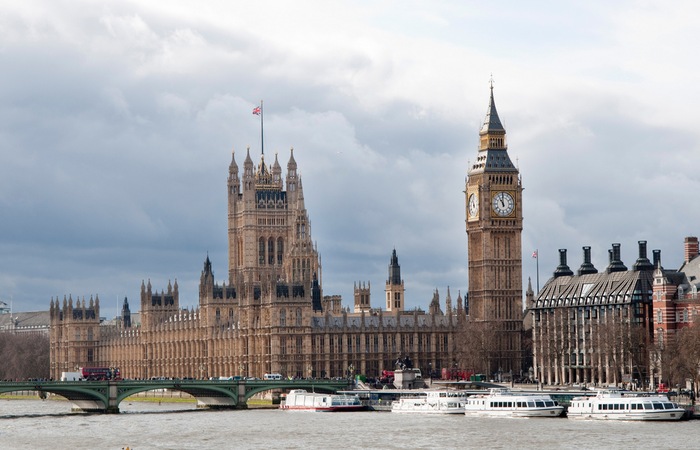 Pensions minister Guy Opperman has resigned from his position in government as of 7 July 2022, following exit announcements from more than 50 other ministers since the start of the week.
Pensions minister Guy Opperman has resigned from his position in government as of 7 July 2022, following exit announcements from more than 50 other ministers since the start of the week.
Opperman started in the role of Pensions Minister on 14 June 2017, and became the longest-serving pensions minister on 11 June 2022. His resignation letter was dated 6 July, and was published online.
Prime Minister Boris Johnson is also set to resign in the wake of this record number of ministerial exits, but is expected to remain as a caretaker leader until the autumn, when the Conservative Party will elect a new leader. Johnson began a Cabinet reshuffle ahead of his expected resignation announcement.
Opperman’s resignation letter stated: “I am proud of what we have achieved at the Department for Work and Pensions (DWP). I want to put on record my thanks to the DWP civil servants and ministerial teams I have worked with to produce and pass five acts of parliament, grow workplace and state pensions to record levels, and passing the ground-breaking Pension Schemes Act that dramatically reforms pensions in the UK.”
Kate Smith, head of pensions at Aegon, said: “The Pensions Minister’s resignation leaves pensions in turmoil. He was personally leading a number of initiatives to improve pensions engagement including the pension dashboard and the pension engagement season. We had been expecting the government response to the DWP pension dashboard consultation with final regulations any day and everything hangs off this, including the timetable for schemes to connect to dashboards.
“Crucially, the minister’s resignation could also impact the next steps for auto-enrolment, including lowering the minimum age from 22 to 18 and basing minimum contributions from the first pound, as well as finding solutions for the self-employed. Only this week, the Pensions Minister recommitted to implementing these in the mid-2020s, and suggested increasing the minimum contributions from 8% to 12% over time. All of this could now be in jeopardy.”